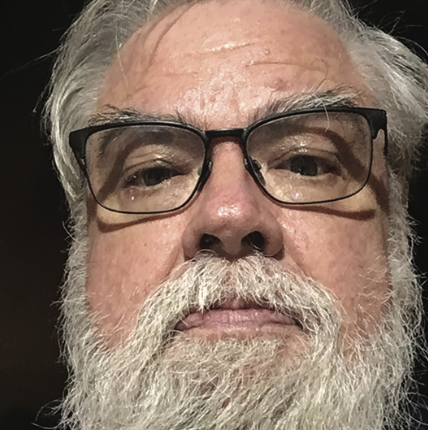When my granddaughter was 4 years old, her mother was helping her get ready for bed one evening. My granddaughter was being her usual pixelated self, dancing around, making up little songs and generally being charming. Her mother said to her, “Where did you come from?” She answered right back, “From you.” Then, “No, actually, God sent me to you.” …brief pause, “He must have loved you very, very much.”
What a great answer! Being only four it was not indicative of an overly inflated view of herself but simply an expression of the wonder of God’s gift of life to each of us. I think this innocent wonder is part of what Jesus had in mind when he said we must all come as little children to receive the kingdom of heaven. So much flows from this attitude of wonder.
First of all, is gratitude for the very fact that we are here and that we have one another. It is easy to take our very existence for granted, and yet we are taught that it is God who has made us. And He has made us in his own image, so we have the highest possible calling for a creature to have. “Be holy as I am holy.”
Then there is the recognition that each of us is a special object of God’s love. So we have every reason to love ourselves and to love one another, as Jesus commanded. Loving ourselves is not a selfish thing whereby we wish for only the best good things to happen to us and to be ours but is the simple recognition that we are beings whom God loves and therefore deserving of love. And if this becomes our attitude toward ourselves, it follows that it must become our attitude toward others as well for they too are God’s specially created children.
But then, where is all this love to be seen in our lives? Sadly, we too often forget this grand picture and behave as if we are nothing until we build ourselves up by amassing things, getting ahead of others, and seeing all aspects of our lives as “win/lose” propositions that we must win at all costs. So the simple fact that we are all equally the objects of God’s love and therefore equally deserving of one another’s love gets lost. Our Lord taught us to pray therefore, “Forgive us our sins, as we forgive those who sin against us.”
And He does not just tell us to do this on our own but gave himself to us as a teacher, example, friend and saviour not just showing us what to do but being in himself the place where all the wrong is made right and we are reconciled to God and to one another.
It is said, “A little child shall lead them”, and that is what my granddaughter unwittingly did as she recognized that we are given to one another and that it means “He must have loved us very, very much.”

